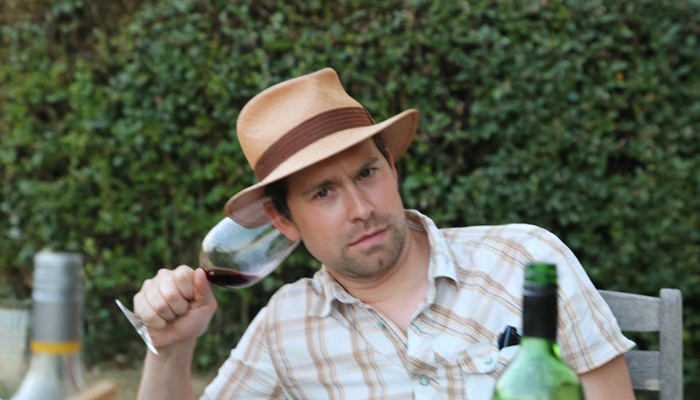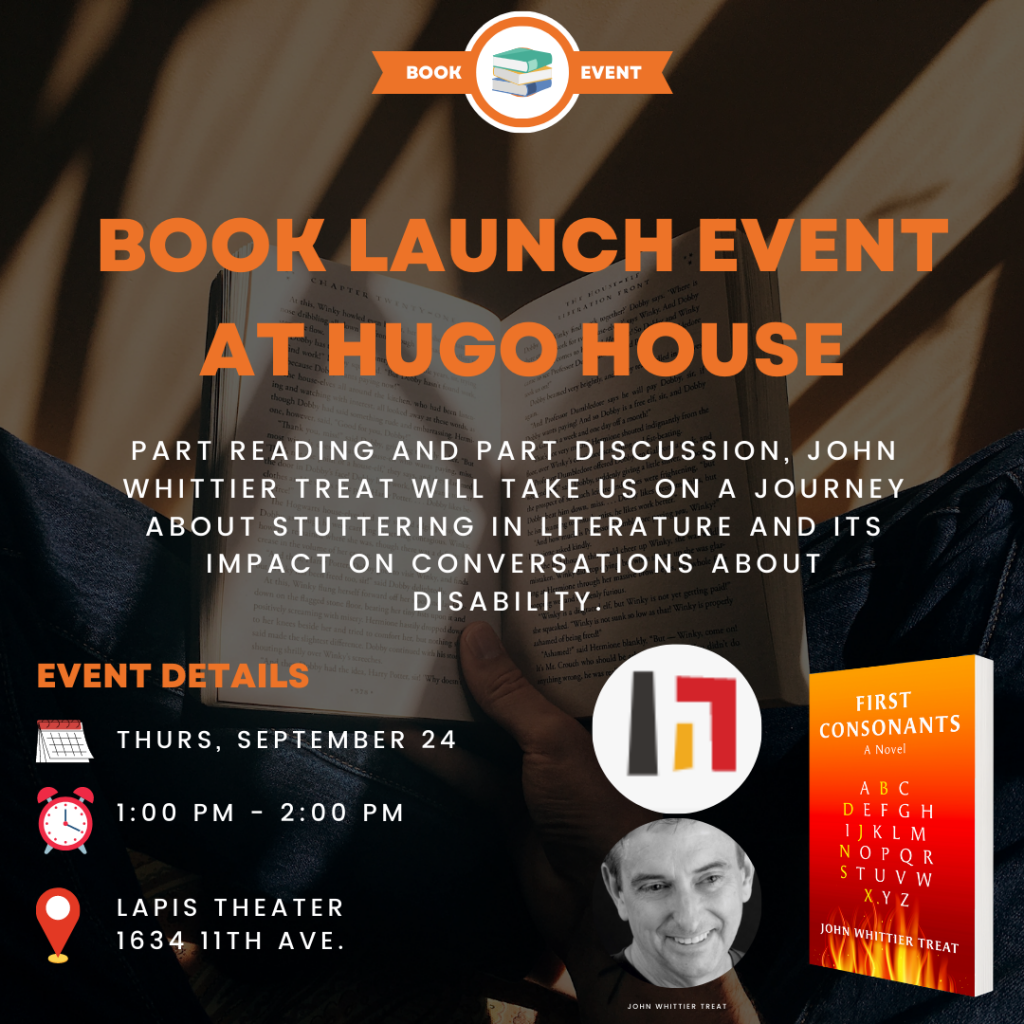The email from my mother began: Dad and I are very, very worried about you…
Writing has its risks. Sincerely, I hope none of us are in it for the money. Physically (while I appreciate it’s not comparable to logging, cage-fighting or professional dog walking), there are hazards. The prolonged sitting down and typing can lead to tedious crap like carpal tunnel, lower back problems, and — especially for those carrying Factor V Leiden (another parental e-bomb concerning possible inherited genetic traits) — deep vein thrombosis. Taking regular breaks can keep these issues at bay, but Ron Carlson said not to leave the room. Because Carlson knows that outside of the room (hell knows what writers do who live in studios) lies the kitchen. Hello, Type 2 Diabetes.
I just read a first novel by a woman who has been working on it for 25 years…
There are, however, further risks involved with writing — less well-defined, more idiosyncratic, without-their-own-vague-and-unhelpful-eHow-pages kind of risks.
The Welsh writer Grace McCleen, whose first novel, The Land of Decoration, won the 2012 Desmond Elliott Prize, this year’s Betty Trask Award and was shortlisted for the National Book Award, has sworn she’ll never write again (over-competitive authors the world over give the move two thumbs up). McCleen has declared that writing “is really destructive to me.”
Employers do notice age. They like young people…
Hearing McCleen’s trembling voice describe her feelings over the radio, I was put in mind of a fairly famous Kafka quotation. In a letter to his childhood friend, Oskar Pollak, Kafka wrote: “If the book we are reading doesn’t shake us awake like a blow to the skull, why bother reading it in the first place? … What we need are books that hit us like a most painful misfortune, like the death of someone we loved more than we love ourselves, that make us feel as though we had been banished to the woods, far from any human presence, like suicide. A book must be the axe for the frozen sea within us. That is what I believe.”
As a writer, Kafka wanted to wallop his readers. All writers do. We want our audience to read our work and have some extraordinary involuntary response — intense laughter (the good kind), intense weeping (the good kind), or, at the very least, the selling of all their worldly possessions. To deliver such a book, it seems to me that the axe must first be used on the author (the basis, perhaps, for the well-worn recommendation that aspiring writers should travel and confront the unfamiliar).
It is important that you earn enough money commensurate with your experience and education…
McCleen, who grew up in a sealed-off religious sect, apparently felt a powerful compulsion to express herself after she had ventured into the wider world. “I completely sacrificed myself, in a way,” she said about her submission to the writing impulse. Out of her frozen sea, McCleen produced three novels in as many years. She seems to have acquired a taste for the axe.
While clearly a shining talent, is it possible that McCleen’s early life experience helped condition her for the absolute, full-throated commitment necessary to produce critically acclaimed literature? Is writing, at its most visceral and honest, a form of self-harm? When writers discuss their work and processes, negative terminology is rife: in interviews, authors describe how “obsessive” they become, or how their work “consumed them” like so many Cheetos; a wonderful, wild-eyed mentor once shook with feeling as she spoke of how her characters “took possession” of her; and repeatedly we’re commanded to “kill our darlings.” And there’s this literary blog, which is called Bleed.
You really need to earn enough to keep a good roof over your head…
Furthermore, can writing and the endless introspection bring about lasting damage, especially for those great artists who, without flinching, delve deeper and scrutinize for longer? Alcoholism and drug abuse are well-documented phenomena among notable talents: Hemingway, Kerouac, Chandler, Cheever, Parker, Fitzgerald, Bukowski, Bowles, Faulkner, Joyce, Carver, the list goes on. Writing wasn’t the only problem these luminaries endured, but perhaps writing helped weigh them down in their shared addiction?
Fortunately, the vast majority of writers have not been alcoholics, and for every time that writing is described as destructive, it’s also referred to as healing. It’s a well-documented phenomenon that committing a traumatic life experience to the page can lead to a sense of catharsis for the writer. It can also, helpfully, lead to Oprah.
Please consider what we are saying very seriously…
This isn’t an attempt to nudge writers into logging/alcoholism/cult membership — although, maybe it’s too late for the latter. Writing is a bit like a cult. Throw yourself into it and your wallet empties (unlike those wallets higher up), you mutter mantras such as, “Don’t leave the room,” and your parents write you concerned emails. But I digress.
What I think I’m getting at is that a little bit of trauma goes a long way. Or, perhaps less contentiously: writing is a process of risk and reward. Good writing takes nerve, commitment, and a willingness to risk everything — to be destroyed and hope to be remade on the other side. But however you come out the other side, the view will not be the same. You will be changed.
We are worried. We can’t help it and we will worry.
Courage.





